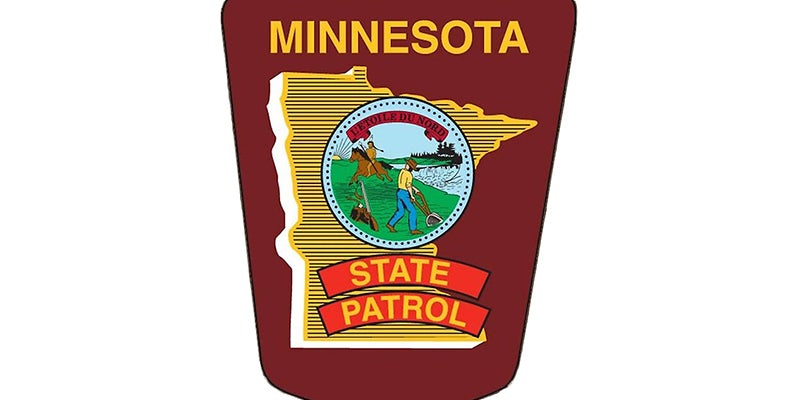Failures and accomplishments of 2016 session
Published 1:33 pm Sunday, May 29, 2016
The 2016 legislative session ended at midnight Sunday, May 22, with two top priorities not completed. There was no comprehensive, sustainable transportation funding plan agreed to by the House Majority with only one-time spending considered. The bonding bill, the big ticket item in the second year of the biennium, was hastily drafted in the final hours of session. The bill passed in the House but was amended in the Senate and the House adjourned before considering the amended bill.
The bonding bill generally includes projects from across the state deemed significant or necessary. It often strikes an appropriate balance: by geographic region, by infrastructure category, and with bipartisan support. The House Majority waited until the last 5 days to release their bonding bill and at $800 million was too small to include the right number of projects to secure the 81 votes needed to pass. The bill was heard, voted on, defeated, and “tabled” allowing it to be brought up again when a revised bill came forward.
In a last minute effort to combine bonding and transportation, $300 million of the budget surplus was rolled into the bonding bill for designated transportation projects. The bonding/transportation bill was revealed just after 11 pm on Sunday May 22. The previously defeated bonding bill was revised and voted on. With very little time to review projects included and language detailed, the bill passed and was sent to the Senate. The bill was amended in the Senate requiring it to return to the House to be voted on and re-passed. Instead the House adjourned.
On the plus side, some good legislation passed with my support. The supplemental budget bill, in addition to the final tax bill included many good initiatives.
Within the supplemental bill, the Ag budget uses $7.18 million of previously earmarked dollars and redirects spending benefiting animal disease/disaster (such as the Avian Flu) and farm safety initiatives to address tractor rollover accidents. Ag research, lab equipment, and the Good Food Access Program received money. The U of M (Forever Green) received additional dollars to continue their research into perennial plants and crops. The bill extends the Farmer-Lender Mediation program two years and establishes a task force to make recommendations for future changes.
The final tax bill passed 123-10 in the House. Several tax cuts, totaling approximately $800 million over the next three years will benefit college graduates with student loan debt, families with high childcare costs, veterans, and small businesses. Farmers will be directly impacted with a property tax refund for agricultural property equal to 40 percent of the tax on property attributable to school district debt levies.
Governor Dayton is reviewing the tax and supplemental finance bills for signature. He has not yet committed to calling a special session and has stated he will not until a solid agreement is struck between House and Senate leaders.
Contact me with questions or comments 651-296-4193, by mail at 291 State Office Building, 100 Martin Luther King Blvd., St. Paul, MN 55155, or email at rep.jeanne.poppe@house.mn.




